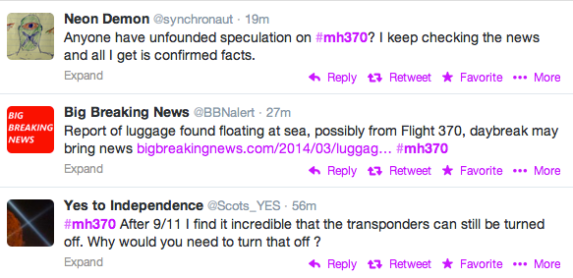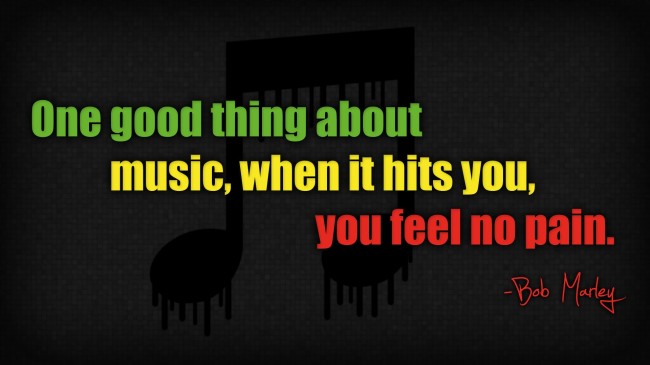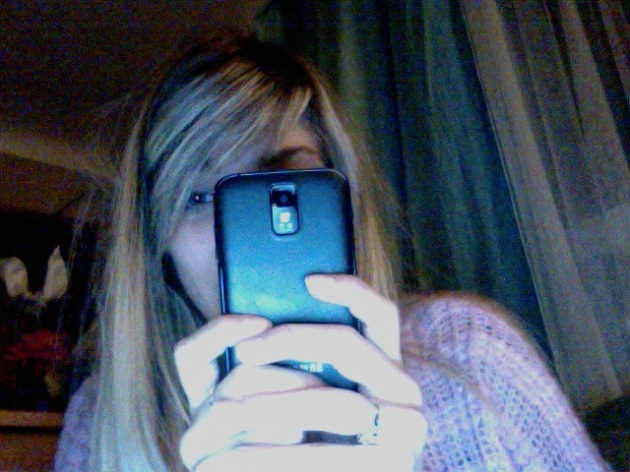Social media has become a large part of my life since I grew up in the generation where computers and more specifically the Internet age is a blooming fad. As more and more apps and web sites are designed to keep you posted and connected to the world more people feel inclined to contribute to that content. Those contributing to the content on the Internet are not always considered “produsers”, although we are composing tweets and sharing information, we don’t own the rights to that content, it becomes Twitter’s, Instagram’s or Facebook’s.
Throughout the majority of this course I was introduced to new ways of sharing information on the Internet or by a click of your cell phone. I’ve never been the type of girl who cared much about social media as I mentioned in previous posts. Twitter just recently became a frequent used app for me and I would say it’s my second most used social media outlet now after taking this course. I don’t believe I’m a “produser” at the moment, “unless we regard every twitter and facebook update as an act of creativity” (Bird 512), which we don’t.
I’m in the English and Writing program in hopes to get into the advertisement business later in my career. Next year I will be attending Humber College for a postgraduates program in Copy Write Advertisement so after taking this course I noticed how useful social media and the Internet can be (if used proactively that is). “Produsing” content via the Internet and smart phones creates a quick and instant connection to what the user needs. By having to keep up with a monthly blog contribution and actually taking interest in posting blogs my self, I have realized that I would like to engage in the “produser” age. Also, since I feel inclined to be apart of the advertising sphere in my future career, I feel like I would eventually contribute to being “produser”, creating advertisements, or social media outlets for companies to acquire ways to get their business out there.
Although there are many benefits that come with being apart of the information age and having the opportunity of “produsing” there are some aspects of deprival. In the article “Are We All Produsers Now?” Bird states, “we must not forget that online produsage is not the only way to engage actively with media; action spurred by media takes many forms other than the creation of more media” (Bird 512). Although we have easier access to information and content we must realized there are other outlets that may be more trustworthy or helpful. We must not forget about offline information that can also be accessed. Even though it’s easier to turn on your computer and type into a search engine what you are looking for, going outside the sources of social media and online outlets can benefit your self as well. We must not be totally consumed by the products of the Internet and we must focus on other aspects. Another issue that may arise is the notion of whom you can and cannot trust on the Internet. “Critical consumption, or what Ernest Hemingway called “crap detection,” is the literacy of trying to figure out what and who is trustworthy—and what and who is not trustworthy—online” (Rheingold). Sites like Wikipedia offer information that can be changed frequently, so you must make sure to double-check your sources when using specific sites like that. Overall, for me the benefits outweigh the disadvantages, but it is all solely on how you choose to use your information productively, which is always a challenge now-a-days
Works Cited
Bird, S. E. (2011). Are We All Produsers Now? Cultural Studies. 25 (4-5), pp. 502-516. http://bit.ly/1a8JmGh
Rheingold, H. (2010). Attention, and Other 21st-Century Social Media Literacies. EDUCAUSE Review. 45:5. pp. 14-24. http://bit.ly/S0yO1z


